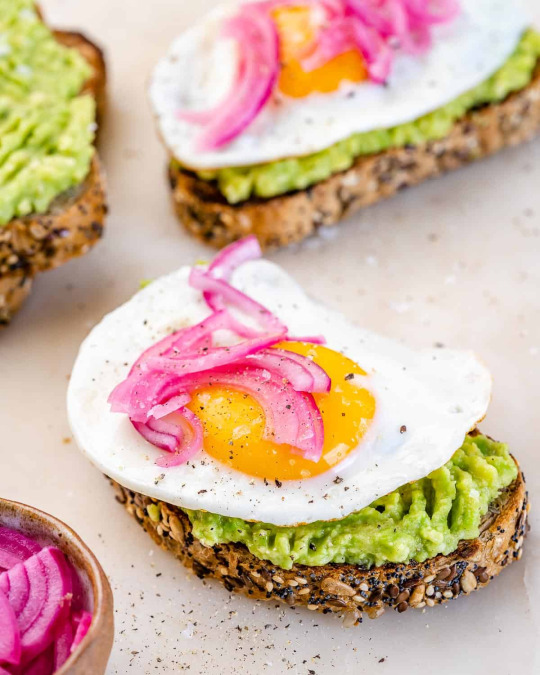
When it comes to eggs and chronic kidney disease (CKD), it's important to consider several factors, including your individual kidney function, dietary restrictions, and overall health. While eggs can be a valuable source of protein, they also contain phosphorus and cholesterol, which may be a concern for individuals with CKD. Here are some guidelines to consider:

*** Are Eggs Bad For Kidney Disease Patients?
1. Protein content: Eggs are a high-quality protein source, but they also contain phosphorus. If you have advanced CKD or are on a low-protein diet, your healthcare provider may recommend limiting your overall protein intake, including eggs. The recommended protein intake for individuals with CKD can vary, so it's best to consult wi"your specific protein needs.

2. Phosphorus content: Eggs are considered a medium to high phosphorus food. For individuals with CKD, monitoring phosphorus intake is important as impaired kidney function can lead to difficulties in filtering and excreting excess phosphorus. High phosphorus levels in the blood can contribute to bone and heart problems. If you have elevated blood phosphorus levels, your healthcare provider may recommend limiting your egg consumption or removing the yolk and consuming only egg whites, which contain less phosphorus.

*** 12 Foods To REVERSE Kidney Damage
3. Cholesterol considerations: Eggs are also a source of dietary cholesterol. If you have high cholesterol levels or are at risk for heart disease, it's advisable to limit your intake of dietary cholesterol, including egg yolks. Egg whites, on the other hand, are cholesterol-free and can still provide a protein boost.

4. Individualized recommendations: It's important to remember that dietary recommendations for individuals with CKD can vary based on individual factors, including kidney function, stage of CKD, and presence of other health conditions. Consulting with a registered dietitian who specializes in CKD is crucial to receive personalized dietary guidance based on your specific needs.

In summary, if you have CKD, it's best to consult with a healthcare professional or a registered dietitian who specializes in kidney disease to determine the most appropriate number of eggs to include in your diet. They can provide individualized recommendations considering your kidney function, protein needs, phosphorus levels, and other dietary restrictions.
